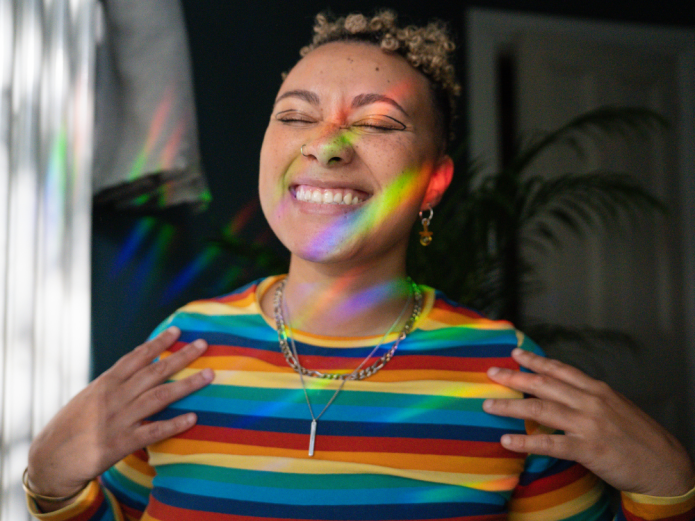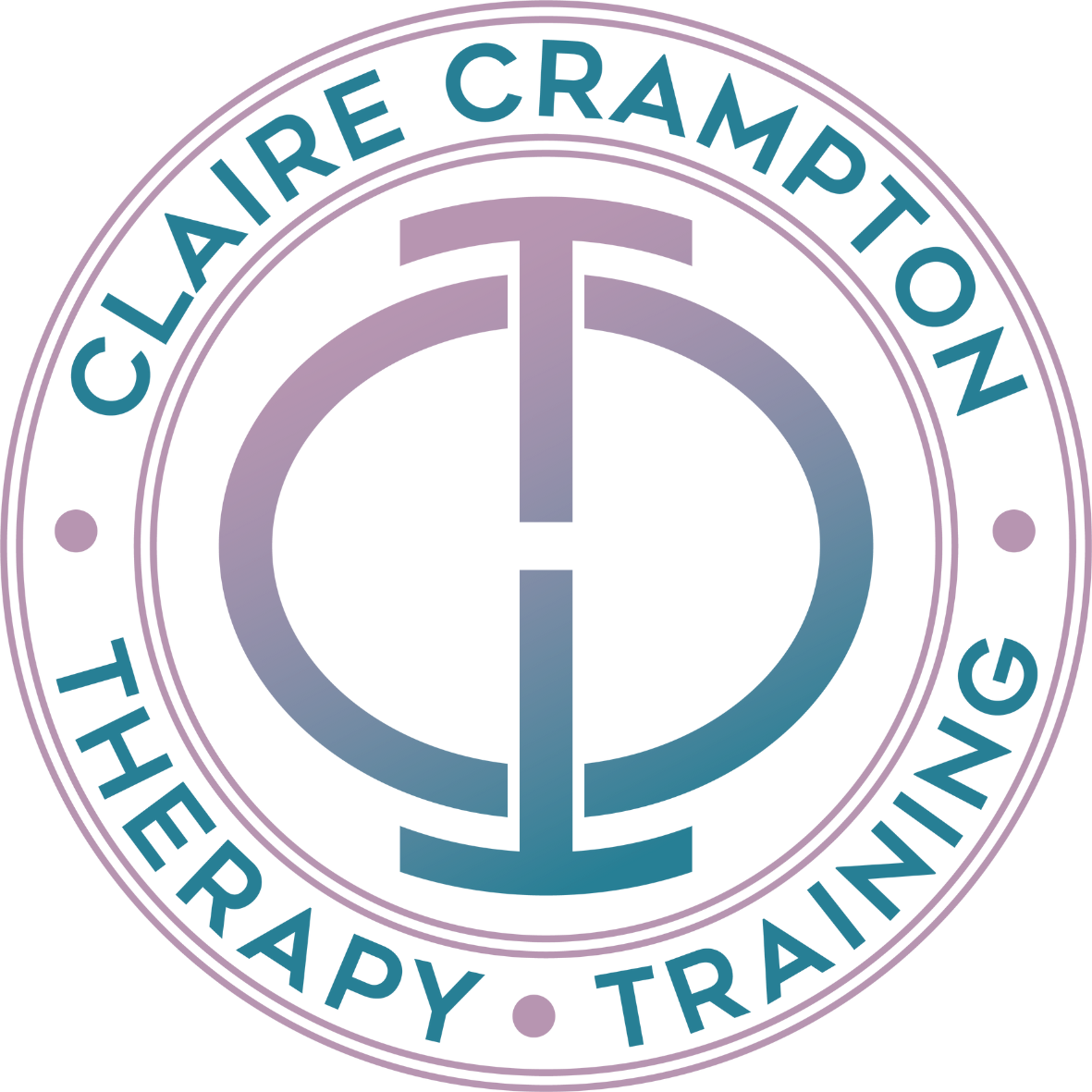Counselling for teenagers
I provide a confidential space for young people who are or might be neurodivergent. No diagnosis is needed and this does not need to be the focus of their therapy. We’ll work together using talking therapy, play, and creative approaches.
Emotional, cognitive or behavioural changes can be useful ways to spot new needs in your child if they struggle to understand or articulate themselves. This can feel very challenging at times to navigate for families.
Often parents first make contact with me because their child has changed; they might be refusing school, be more withdrawn and hard to communicate with, and sometimes struggle with strong emotions coming up such as anger, stress, anxiety, sadness or confusion.
Counselling can help with these.

Common topics young people talk about in therapy include:
Getting angry easily
School refusal
Feeling different
Loneliness
Big and difficult emotions
Relationships and friendships
Struggling in education
Identity
Feeling depressed
Challenges in communicating their wants and needs
Family
Self-harm or suicidal thoughts
Their past and/ or future
Confusion
A short video to familiarise yourself with the car park and counselling room.

It is unfortunately common for different neurological and mental health conditions to exist together, for example: ADHD and Autism (AuDHD), Autism and social anxiety, ADHD and depression. Therapy can help children and teenagers to better understand themselves and their mental health needs. Acknowledging that while feeling different is not wrong, it might be challenging at times in their lives.
The neurodivergent community shares a strong correlation with gender and sexuality exploration. I do not provide medical advice, however I do endeavour to offer a safe space to be curious and explore these important parts of our identity.
Education can be a huge challenge for many people but the added factor of neurodivergence can make it feel unbearable at times. Sometimes a young person’s drop in attendance at school, college or university is the first visible sign that something is not ok in their world.
Living with biological/ neurological differences can impact on young people’s ability to thrive in a neurotypical society. They may feel how their brain works affects their enjoyment of life, they may feel misunderstood in relationships or face communication challenges.
Some examples of neurological differences in clients attending therapy include: Autism, ADHD, AuDHD, Dyscalculia, Tourette's Syndrome and Dyslexia.
If you are unsure if counselling is best for them currently please drop me a message and we can consider their needs.
Contact me

What to expect
⦁ Firstly- drop me an email. We will need to check that your child and I have matching availability.
⦁ We will arrange a phone call between me and you (parent) to discuss your child’s needs. It is important to note that at times parents feel therapy is in their young person’s best interests, however their child may not feel in a position to engage. A key element of success in counselling is finding the right therapist at the right time for the client, so please ensure they are open to the idea of counselling.
⦁ Your child attends their initial consultation. This session lasts up to an hour, and I ask parents to remain nearby.

At the end your child will be offered 3 choices:
⦁ To start sessions. I ask parents to support on-going work as long as their child wishes to attend. I appreciate this is a financial commitment and thus welcome conversations around this at the beginning of therapy. If finances may be a barrier to their decision to end when they are ready, please raise this during the course of the work.
⦁ To go away and think about if they wish to start. They may want to discuss this with you also. It’s important that they make this choice freely.
⦁ Not to start counselling. I will not be the right therapist for every client or it may not be the right time for them. Both of those outcomes are ok and respecting their choice can support their willingness to consider counselling again in the future.
⦁ Counselling commences. I provide a counselling agreement for parents and additionally for the client outlining how we will work together. I hold short reviews every 6 sessions with the client, with the purpose to ensure we are working together in a way that feels helpful. During these sessions your child may consent to information being shared home to parents, however this remains their choice.
⦁ Communication between parents and myself is limited to administration around the sessions, e.g planned leave, fees and any safeguarding concerns.
Please get in contact if you have any questions or concerns or visit my resources for alternative support.
© Claire Crampton
powered by WebHealer
